PRODUCTS
CONTACT US
Ningbo Nide International Co., Ltd.
一一
· Contact person:Jack Zeng
· Mob/Whatspp/WeChat:0086-13738869026
· Email:emarketing@nide-group.com;marketing4@nide-group.com
· Add:No. 169, Wohushan Road, Daqi Subdistrict, Beilun District, Ningbo, China
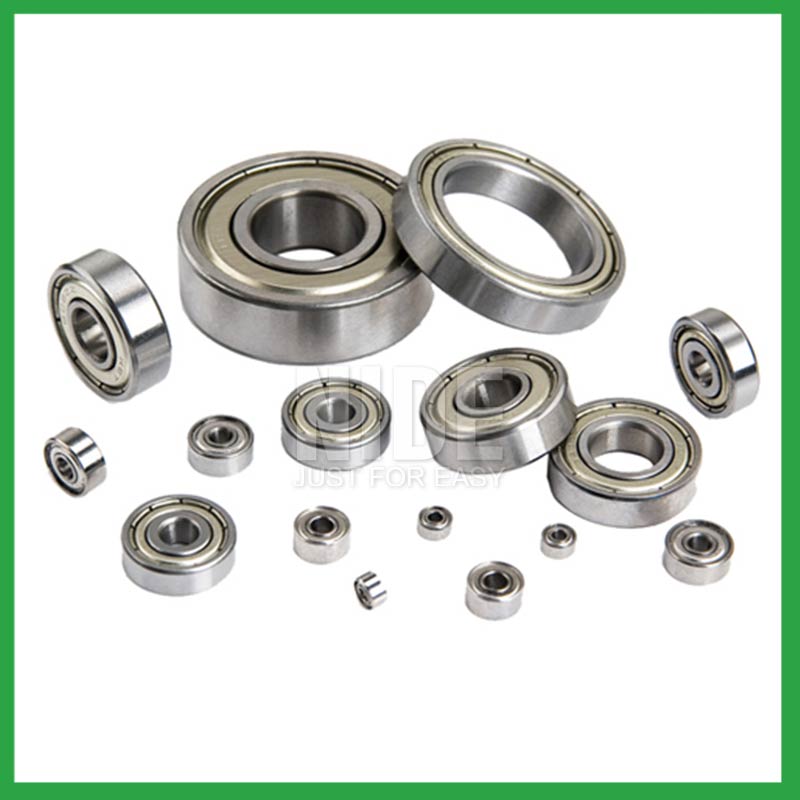
Nide team could manufacture ball bearing as per customer’s drawing and samples.
If customer only has samples, we could also design drawing fo r our customer.
We also provide customized service.
Our ball bearing is widely applied the different industrials.
Ningbo Haishu Nide International Co., Ltd was established in 2010. We produce fan,ball bearing,insulation paper,thermal protector,commutator,magnet and other products. Our unwavering commitment to quality has been recognized by the National Testing Center and the Zhejiang Provincial Testing Center. We adhere to ISO 9001:2015 and CE statior standards, prioritize quality, and operate with integrity.
We prioritize quality and first-class service, constantly pursuing perfection. We have a deep understanding of the precise needs of our customers, and our important motor component manufacturing network and strict quality control system enable us to provide high-quality products to customers at reasonable prices.
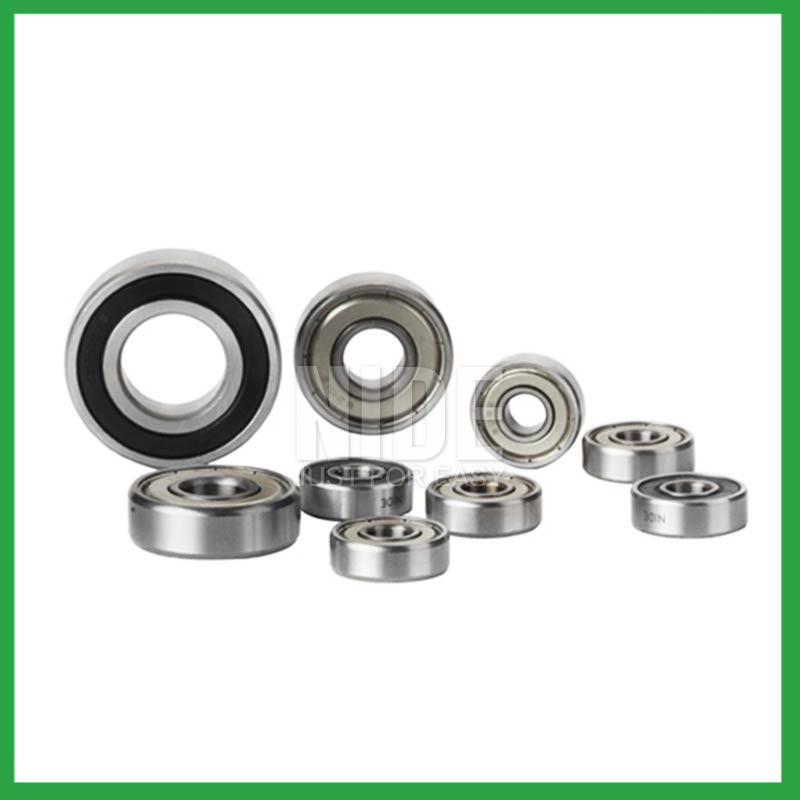
| Parameter | Information |
| Product Name | ball bearing door rollers |
| Brand Name | Nide |
| Place of Origin | Ningbo,China |
| Type | Ball |
| Material | ceramics, etc. |
| Sample | Avaible |
| Warranty | 3months-1year |
| Lubrication | Dry/ Oil |
| Application | food processing machinery, etc. |
| Port | Ningbo/Shanghai |
| Size(mm) | customize |
| Export Country | Argentina,Brazil,South Korea,Svalbard,Zimbabwe,France,Guinea-Bissau...etc |
| Export region | America,Africa,Asia... |
| Certification | ISO 9001 Certification,CE-stator coil lacing machine,CE-stator coil winding machine,etc |
| Precision Rating | as per customer's requirement |
| Feature | Strong carrying capacity,Good wear resistance...etc |
| Packaging Details | Suitable for sea transportation |
| Color | Silver gray+customized |
| Seals Type | Rubber seals |
| Service | Prompt Delivery |
| Supply Ability | 100000-500000 Piece/Pieces per Month |
| Lead time (days) | 15-20 (To be negotiated) |
Please note: The above table data is for reference only. For specific information, please contact us.
The precision range of ball bearing door rollers is from ABEC7 to ABEC9, with a particle size of 0.3 μ m. Among them, ABEC9's ball bearings have the best precision range and are widely used in the electronics industry, precision measurement industry, and so on.
During the installation process, pollution from dirt and wear media should be prevented;
Temperature and humidity should be controlled to avoid excessive temperatures during startup and operation;
It should be operated and lubricated in the correct reverse direction to avoid unnecessary damage.
Ball bearings have many advantages, making them highly competitive in the market.
Firstly, they are very durable and have good wear performance, making their service life longer than many other types of bearings.
Secondly, they are easy to install and can provide low friction performance in various applications.
Thirdly, they require a relatively low level of maintenance, making them cost-effective.
In addition, compared to many other types of bearings, their purchase cost is relatively low, making them an economical choice.
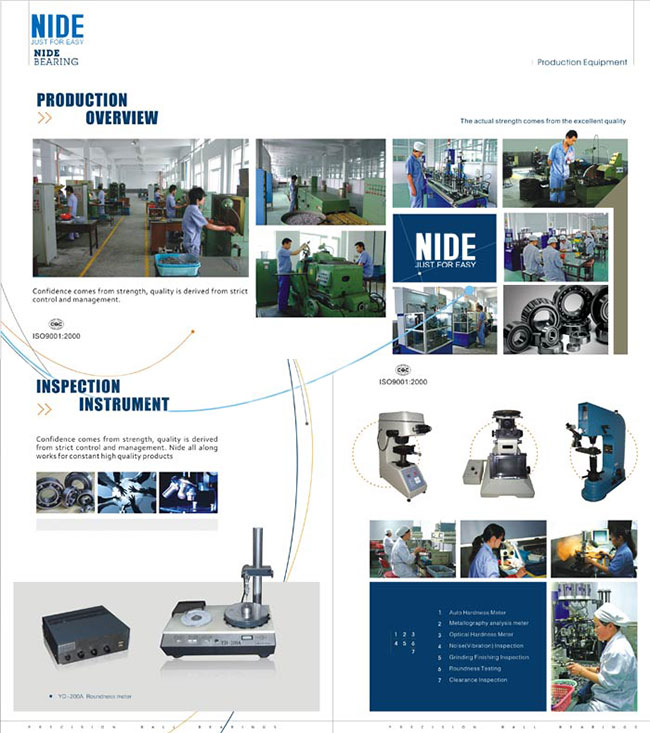
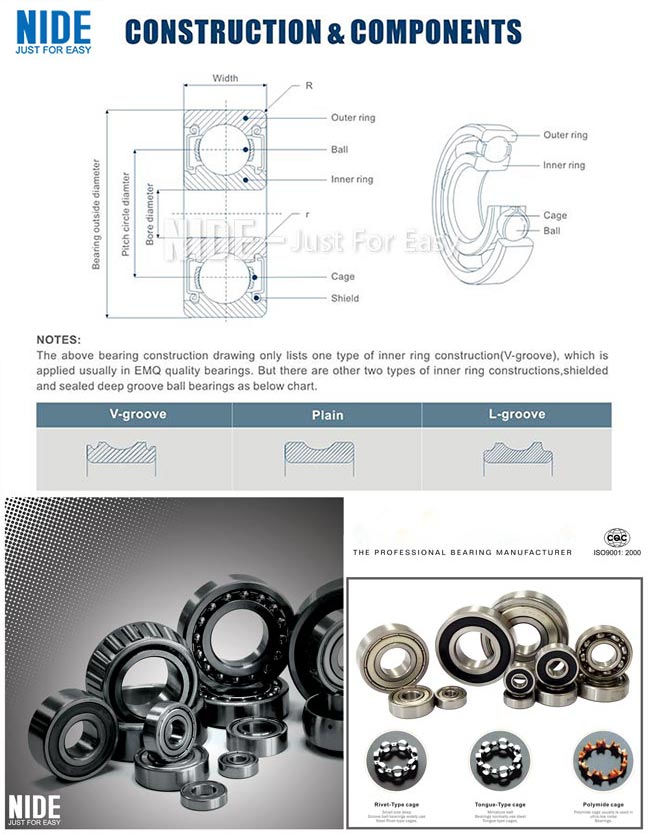
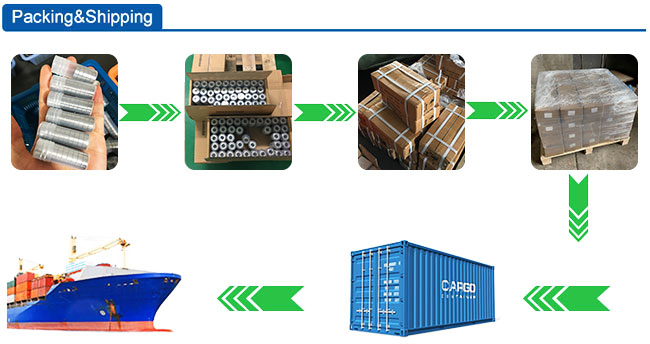
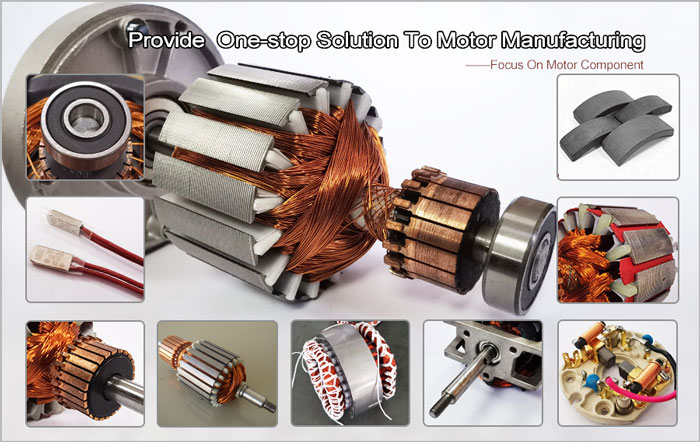
ball bearing door rollers---FAQs Guide
2.Can ball bearing door rollers operate in high-temperature environments like industrial ovens or furnaces, and how are they protected from heat-related damage?
3.About ball bearing door rollers,What about the lead time?
4.What is the role of ball bearing door rollers in reducing friction and wear in automotive applications, such as wheel hubs and transmissions?
5.As a ball bearing door rollers manufacturer,can you supply samples?
6.What is the load distribution within a ball bearing door rollers, and how does it vary between different bearing configurations?
7.How do different ball bearing door rollers designs, such as deep groove, angular contact, or thrust bearings, cater to specific applications?
8.What is the production capacity of the factory for ball bearing door rollers?
9.What is the significance of ball bearing door rollers lubrication, and how does it affect bearing lifespan and performance?
10.What is a ball bearing?
11.Can ball bearing door rollers be customized with special coatings or treatments to meet specific industry standards or regulatory requirements?
12.Can ball bearing door rollers be used in vacuum or cleanroom environments, and what measures are taken to prevent outgassing or contamination?
13.Can ball bearing door rollers operate in high-speed applications, and what design features make them suitable for such conditions?
14.How do cage materials and designs impact ball bearing door rollers performance and stability?
15.What are the common materials used in ball bearing door rollers manufacturing?
16.How do sealed ball bearing door rollers prevent the ingress of contaminants and extend the bearing's service life?
1.Are there hybrid ball bearing door rollers that combine steel rings with ceramic balls to optimize performance in demanding applications?
Hybrid Ceramic ball bearing door rollers. Ceramic ball bearings (also known as hybrid bearings) are the one component that'll easily optimize the performance of your application. Hybrid bearings have ceramic (silicon nitride, Si3N4) balls and 52100 bearing steel rings.
2.Can ball bearing door rollers operate in high-temperature environments like industrial ovens or furnaces, and how are they protected from heat-related damage?
ball bearing door rollers are capable of working at temperatures up to +842°F (+450 °C). Special lubricants, seals and coatings make this possible by protecting the ball bearings from heat damage.
3.About ball bearing door rollers,What about the lead time?
3-7 days for samples, 3-4 weeks for mass production.
4.What is the role of ball bearing door rollers in reducing friction and wear in automotive applications, such as wheel hubs and transmissions?
When a load is applied to a ball bearing, the ball bearing door rollers roll freely between the inner and outer rings. This rolling action significantly reduces friction compared to sliding contact, resulting in smoother rotation and reduced wear.
5.As a ball bearing door rollers manufacturer,can you supply samples?
Sure, samples can be provided free of charge, and the buyer pay the postage of the sample.
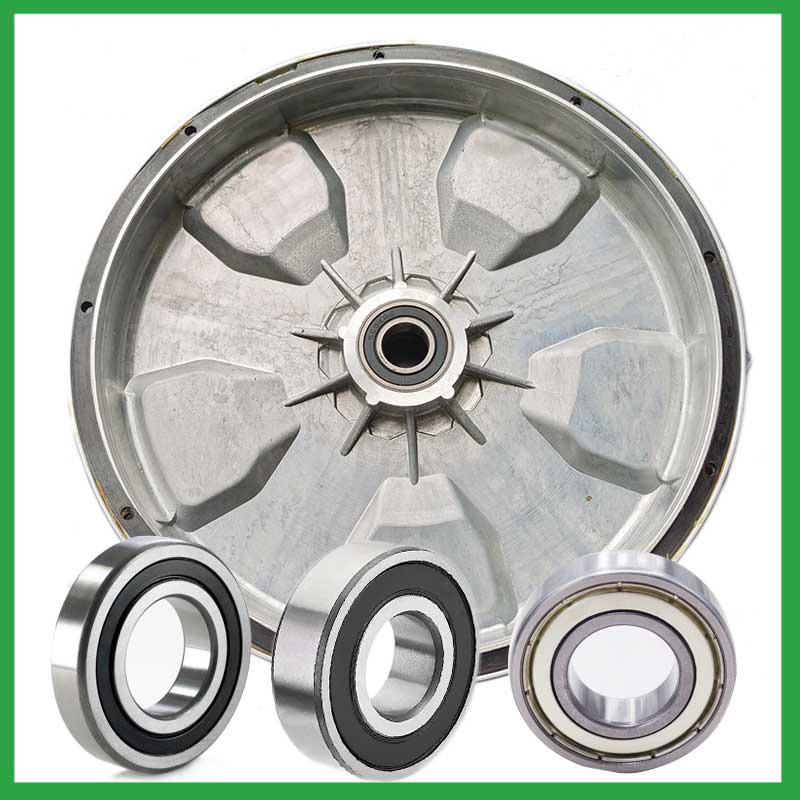
6.What is the load distribution within a ball bearing door rollers, and how does it vary between different bearing configurations?
The load distribution between the rolling elements and raceway is crucial in performance evaluation of rolling element bearings. Determine the load distribution by measuring the strain response at the bearing surface with a notched housing. Finite element analysis shows that the introduction of notches does not affect the load distribution. An experimental system was developed to investigate the load distribution in a cylindrical roller bearing. The experimental static load distribution agrees well with the theoretical calculation. The dynamic load at specific position of load zone reflects the manufacture difference among rollers and dynamic balance of distributing loads.
7.How do different ball bearing door rollers designs, such as deep groove, angular contact, or thrust bearings, cater to specific applications?
Deep groove ball bearing door rollers: Deep groove ball bearings are the most common type. They can handle both radial and axial loads. Angular contact ball bearings: Angular contact ball bearings have higher than average internal axial clearance. They can handle axial loads in one direction and moderate radial loads.
8.What is the production capacity of the factory for ball bearing door rollers?
The production capacity of Ningbo Haishu Nide International is:50000000pcs/month
9.What is the significance of ball bearing door rollers lubrication, and how does it affect bearing lifespan and performance?
Bearing lubrication is vital for preserving the performance and lifespan of rolling element bearings. Lubrication helps separate moving parts relative to one another, such as rollers and raceways or balls, to prevent wear and tear and friction.
10.What is a ball bearing?
A ball bearing is a type of rolling-element bearing that uses balls to maintain the separation between the bearing races.
The purpose of a ball bearing is to reduce rotational friction and support radial and axial loads. It achieves this by using at least two races to contain the balls and transmit the loads through the balls. In most applications, one race is stationary and the other is attached to the rotating assembly (e.g., a hub or shaft). As one of the bearing races rotates it causes the balls to rotate as well. Because the balls are rolling they have a much lower coefficient of friction than if two flat surfaces were sliding against each other.
Ball bearings tend to have lower load capacity for their size than other kinds of rolling-element bearings due to the smaller contact area between the balls and races. However, they can tolerate some misalignment of the inner and outer races.
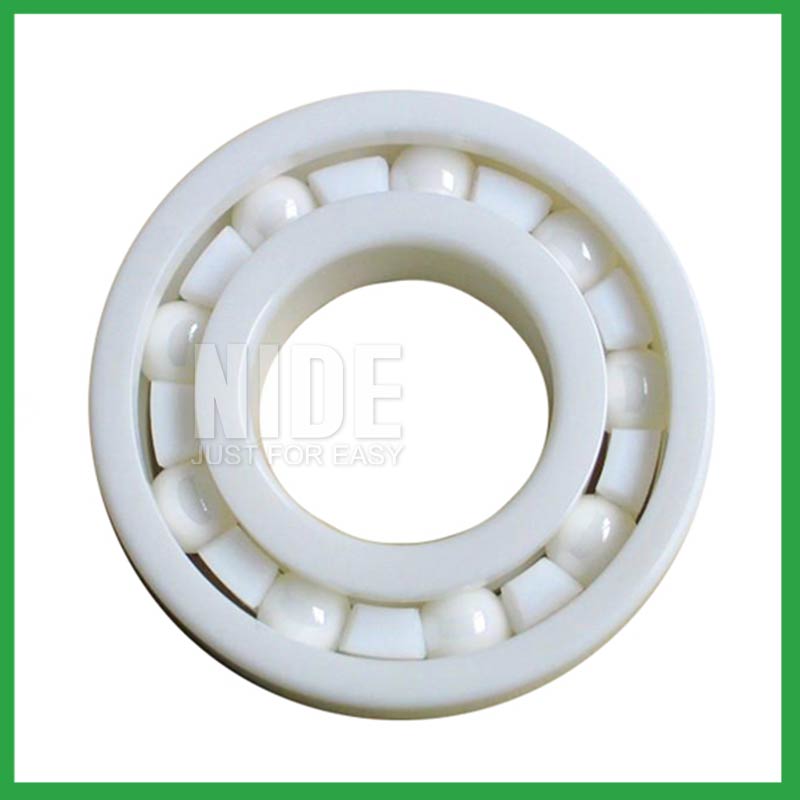
11.Can ball bearing door rollers be customized with special coatings or treatments to meet specific industry standards or regulatory requirements?
Yes, ball bearing door rollers can be customized with special coatings or treatments to meet specific industry standards or regulatory requirements.
1. Corrosion-resistant coatings: These coatings are used to protect the bearings from corrosion caused by exposure to moisture, chemicals, and other corrosive substances.
2. High-temperature coatings: These coatings are used to improve the thermal stability and performance of bearings in high-temperature environments.
3. Food-grade coatings: These coatings are specially designed for applications in the food and beverage industry, where bearings come into contact with food, beverage, or pharmaceutical products.
4. Anti-static and non-conductive coatings: These coatings are used to dissipate static electricity, which can cause damage to electronic components.
5. Specialized lubrication treatments: Bearings can be treated with specialized lubricants that meet specific industry standards or regulatory requirements.
12.Can ball bearing door rollers be used in vacuum or cleanroom environments, and what measures are taken to prevent outgassing or contamination?
Bearings specify stainless steel for vacuum or cleanroom applications as stainless steels used for the rings, balls and retainer exhibit low outgassing. They usually supply open or shielded stainless steel bearings as vacuum bearings as these will outgas less than a nitrile rubber sealed bearing.
13.Can ball bearing door rollers operate in high-speed applications, and what design features make them suitable for such conditions?
They have very low rolling friction and are optimized for low noise and low vibration. This makes them ideal for high-speed applications. ball bearing door rollers are comparatively easy to install and require minimal maintenance.
14.How do cage materials and designs impact ball bearing door rollers performance and stability?
As the core component of rotating machinery, the performance and reliability of high-precision ball bearing door rollers directly affect the overall performance and life of the machine and instrument . The increase of the rotational speed will aggravate the collision and friction of the cage, which will lead to the decrease of the rotational stability of the cage. The unstable movement of the cage could in turn lead to more severe collision and wear, thus reducing the life and reliability or even the destruction of the bearing.
Therefore, it is very necessary to study the cage stability to guarantee the stable operation of bearings. However, the dynamic characteristics of the cage is very complex. Parameters such as load, rotational speed and lubrication may affect its kinematic and tribological conditions, which leads to the change of its motion behavior.
15.What are the common materials used in ball bearing door rollers manufacturing?
Most ball bearing door rollers are made of a type of steel known as high carbon chromium steel, often called chrome steel. This is used for reasons of cost and durability. Bearings are also made from other materials such as stainless steel, ceramics and plastic.
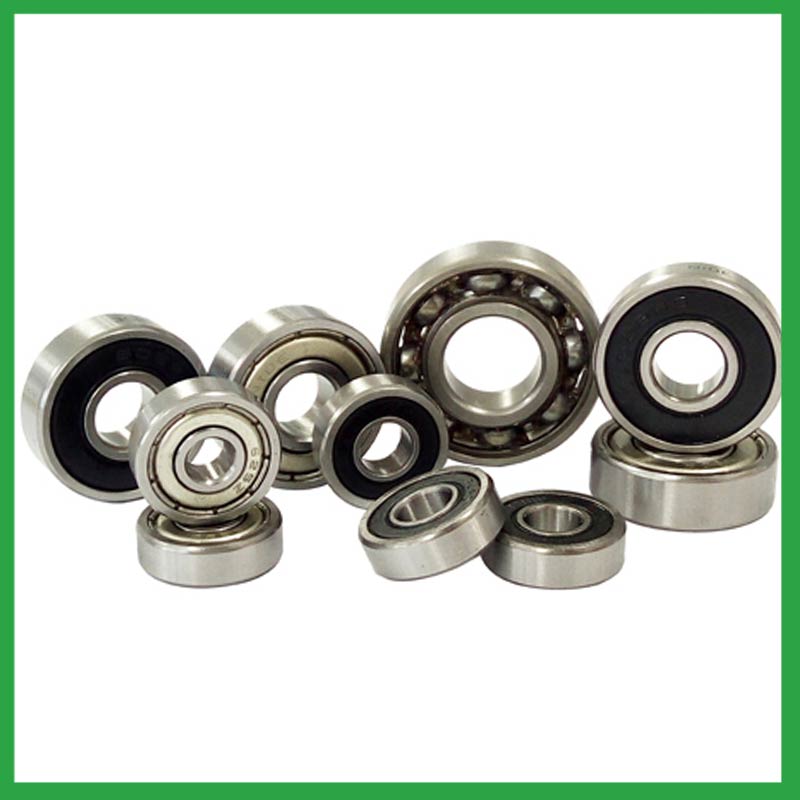
16.How do sealed ball bearing door rollers prevent the ingress of contaminants and extend the bearing's service life?
Contact seals are a type of seal where the sealing lip physically touches the inner raceway of the ball bearing door rollers. They create a narrow line or zone of contact that forms a barrier to prevent the escape of lubricants and the ingress of contaminants. Because the seal keeps dirt and other contaminants out, it can offer a longer operating life of the bearing or prevent premature bearing failure. Sealed bearings can be considered lubricated for life, which eliminates the need for a relubrication process.

